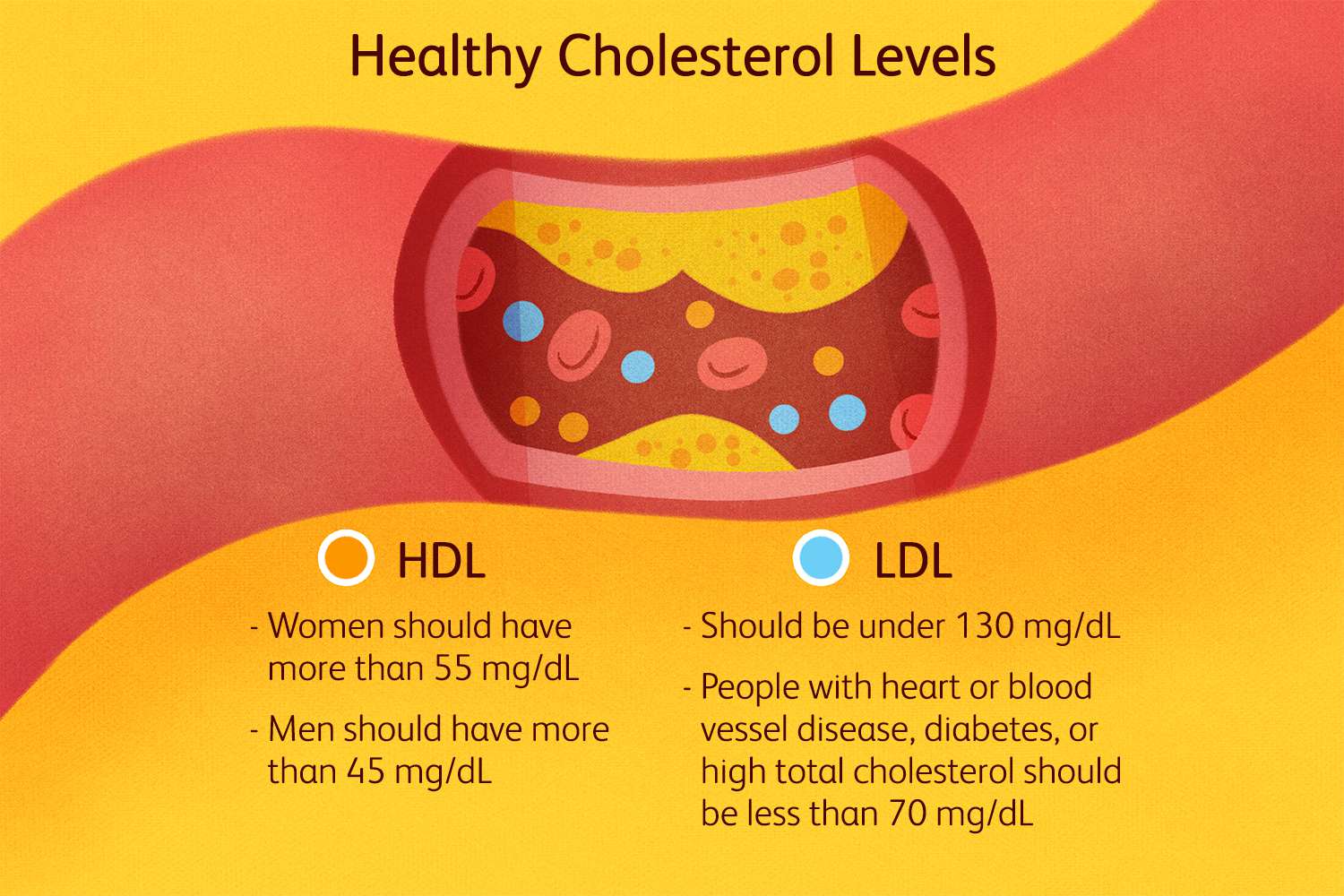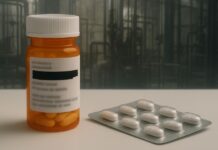It’s an endlessly interesting theme that has been worked, and re-worked, and still gives up new secrets!
I stand by everything I’ve said in the past, which is:
-
- Eat right (special emphasis on this).
- Exercize plenty
- Keep busy and alert mentally.
- Best not to smoke
Now a new study from Duke University, published in The Lancet, has come up with the DEFINITIVE factors that enable you live longer. These are:
-
- Eat right
- Exercize plenty
- Keep busy and alert mentally
- Don’t smoke (better still, NEVER smoke!)
- There was one other key factor: small-particle HDL cholesterol (so-called “good” cholesterol”)
It’s an interesting study. They looked at what factors predicted living 2, 5 and 10 years after the baseline. Baseline was somewhat unique in this case, in that they discovered a cache of old blood samples, collected from the 1980s. So they got a “bonus” longitudinal study, meaning a study of people followed through time.
The 2, 5 and 10 years had already passed!
“This study was designed to determine the proximal causes of longevity—the factors that portend whether someone is likely to live two more years or 10 more years,” says Virginia Byers Kraus, M.D., Ph.D., professor in the departments of Medicine, Pathology and Orthopedic Surgery at Duke University School of Medicine and lead author of the study appearing online in the journal eBioMedicine.
That’s poncy English for what works best and what gives the best predictions. Not just that but what would best predict who lives 2 years; what might predict who lives 5 years (if different) and who would live 10 years (these were people already 70 years old or more. Boomers in today’s language!)
The researchers nabbed the blood samples, which were due to be destroyed, in the nick of time and took them to Duke. They identified 17 variables in all, with some predictive value, but best were the ones I already outlined.
One lucky detail you might not think of, but the blood samples had the additional advantage of being drawn at a time that preceded the widespread use of medications such as statins, which could have skewed the results.
The analysis found that a leading factor associated with longevity across each of the study’s benchmarks—2, 5 and 10 years after participants had their blood drawn—was physical function, which was defined as an ability to go grocery shopping or perform housecleaning chores, all of which needs staying alert! Surprisingly, having cancer or heart disease was not among the main predictors.1
At 2 years:
For older people living two years beyond the time their blood had been drawn, the leading factor associated with longevity was having an abundance of high-density lipoprotein (HDL) cholesterol—and not just any HDL lipids, but high volumes of very small HDL particles.
At 5 years beyond the original blood draw:
Just being of a younger age at the start was best predictive of longevity, along with cognitive function. It’s like osteoporosis; thinning of the bones—the best protection against developing osteoporosis is starting out with strong, dense bones!
At 10 years:
For those living 10 years or more—the best predictor was a person’s smoking history, with non-smokers faring best.
In other words, the clear message was there are different predictors of healthy aging, according to what criteria you are using. What the study didn’t satisfactorily detail was combing different factors: in other words, if you didn’t smoke and stayed active and looked after you HDL cholesterol levels, what age/longevity advantage would you gain?
 Even if you are overweight, staying physically active trumps pounds and cholesterol!
Even if you are overweight, staying physically active trumps pounds and cholesterol!
Optimizing Cholesterol
You can always go for walks, do crosswords and stop smoking. It seems to me the factors that are trickiest to control, because you can’t easily see them, is LDL and HDL cholesterol.
Low-density lipoproteins (LDL) and high-density lipoproteins (HDL) are usually classified as “bad” (LDL) or “good” (HDL) cholesterol. But recent studies have pointed out the importance of LDL particle size. Research shows that people who have a higher quantity of small, dense LDL particles and a lower quantity of large, fluffy LDL particles have a three times greater risk of heart disease.
Triglycerides
Cholesterol is not such a hazard as triglycerides. Other studies show an inverse relationship between triglyceride levels and LDL particle size—higher triglycerides correlate with small, dense LDL particles, which is bad news. Lower triglycerides correlate with large, fluffy LDL particles, which is good news!
So instead of just “lowering your cholesterol” which is one of the stupidest teachings in modern medicine, you need to optimize it!
How do we do that? Simple, really: lose weight, get good sleep, follow keto or intermittent fasting or at least improve your carb intake, do Dr. Keith’s One Diet For Life and find out which are your bandit foods to avoid, take high-dose niacin, remove ALL manufactured foods (eat only whole foods).
Just to be clear, lowering your carb intake, to under 20 gms. a day (Atkins, in effect) will raise your “good” HDL cholesterol 23%. No drug has ever been able to do that—or even come close. So work at that one.
This means avoiding pasta, cookies, pastries, fruit juice, white flour, and reduce alcohol right down to 2 glasses a day, max—even a small amount can trigger elevated triglycerides. Focus instead on high-fiber, nutrient-dense carbs such as sweet potatoes, beans, winter squash, rutabagas, quinoa, and buckwheat. Studies show high-fiber lowers both LDL and triglycerides.3
Make sure to take useful supplement factors, such as my Physician’s Strength Bergamot Pro.
This is NOT arduous, when there is so much at stake. But if you insist on continuing with manufactured junk, processed food and refined carbohydrates, PLUS you want to cabbage out on the sofa and watch mindless TV, I can’t help you. You’ll die before the rest of us but then—that’s not a life I would want to prolong.
Are you getting the irony here?
 A useful chart from verywellhealth.com
A useful chart from verywellhealth.com
Combinations
I mentioned before that the Duke study didn’t look at combining factors. But none of these work independently. If you lose even a little weight, your cholesterol levels will improve (notice I didn’t say “go down”).
Studies show that overweight and obese people tend to have a higher ratio of dangerous small LDL particles, low “good” HDL levels, and high triglycerides. Losing weight can have a dramatically benefit all three parameters.
In fact, one study found that weight loss was superior to exercise in reducing small, dense LDL particles.
Studies show that 9–10 miles of walking or jogging per week results in a 13% increase in beneficial HDL cholesterol levels and a 14–20% decrease in LDL.
Other studies show that even moderate exercise can increase LDL cholesterol sizes and reduce the number of nasty, small particles.
Sleep too can play a part. In one study, researchers found that sleeping fewer than five hours a night increased triglycerides and reduced HDL levels. Too little sleep can also lead to high LDL levels and make heart disease more likely. Studies have shown that people who sleep less than six hours a night significantly increase their risk of cardiovascular disease.4
That’s it for this week; I’m running on a bit too much, I think.
To your good health,
Prof. Keith Scott-Mumby
The Official Alternative Doctor
References:
1. https://www.thelancet.com/action/showPdf?pii=S2352-3964%2822%2900474-1
2. Strasser, B. (2013), Physical activity in obesity and metabolic syndrome. Ann. N.Y. Acad. Sci., 1281: 141-159. https://doi.org/10.1111/j.1749-6632.2012.06785.x
3. https://www.betternutrition.com/homeopathic-healing/low-fat-vs-low-carb-diets/
4. https://www.healthline.com/health/high-cholesterol/sleep-and-cholesterol#Cholesterol-and-Sleep




